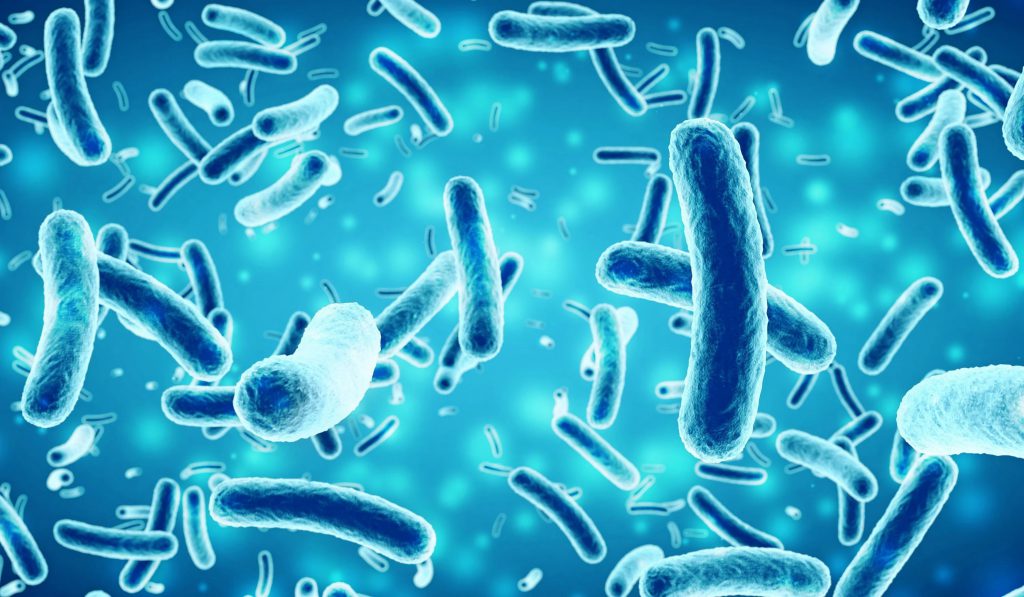Uncategorized
Beneficial Bacteria
Put bacteria to work for you removing odors and build-ups
Bacteria are microscopic, single-celled organisms that thrive in diverse environments. They can be used in food processing, biotechnology, medicines, cleaners and so much more. Bacteria for cleaning and odor control are incredibly helpful for those who maintain buildings and other facilities on a daily basis. Bacteria are essentially tiny enzyme factories. Bacteria cannot eat larger pieces of waste, so they produce enzymes to break down the larger waste into smaller, more manageable pieces, then they can more easily consume the waste.
The fundamental difference between enzymes and bacteria is that enzymes are non-living proteins while bacteria are living organisms. Enzymes attack, eat, or digest the amino and fatty acids that bond organic materials together. They also emulsify these materials so they can be completely removed from the surface. However, enzymes will never fully digest the waste that causes odors or drain blockages. So enzymes cannot completely eliminate odors by themselves.
As living organisms, bacteria fully digest waste, stains and odors until they are completely gone. As they digest waste, bacteria produce only carbon dioxide and water, making bacteria safe to use and safe for the environment.
How can I keep good bacteria working longer and harder?
Keep the area being treated moist, bacteria will reproduce until the waste is totally removed! For example, use a wet mop and not simply a light damp mop. If spraying an area directly, such as a hard surface or carpeting, fully saturate the area and leave it as long as possible.
When mopping, do not rinse floor, but air dry, allowing the enzymes time to react with the bacteria and be absorbed into floor mortar joints, allowing deep odor removal.
You can also spray bacteria on and around urinals, trash receptacles and other odor-producing fixtures. Regular applications of bacteria will eliminate the source of odor. When spraying, use a stream, not a mist.
Do not use bleach or disinfectants in the area while the bacteria are at work, it will harm the bacteria.
When added to laundry, for best results add during the rinse cycle.
When using in drains, always start by working on lower-level floor drains first. If your workers start at the upper levels, the dislodged and dissolved protein will further plug lower-level plumbing. Use the product at night or over the weekends to give the bacteria several hours to do its job.

